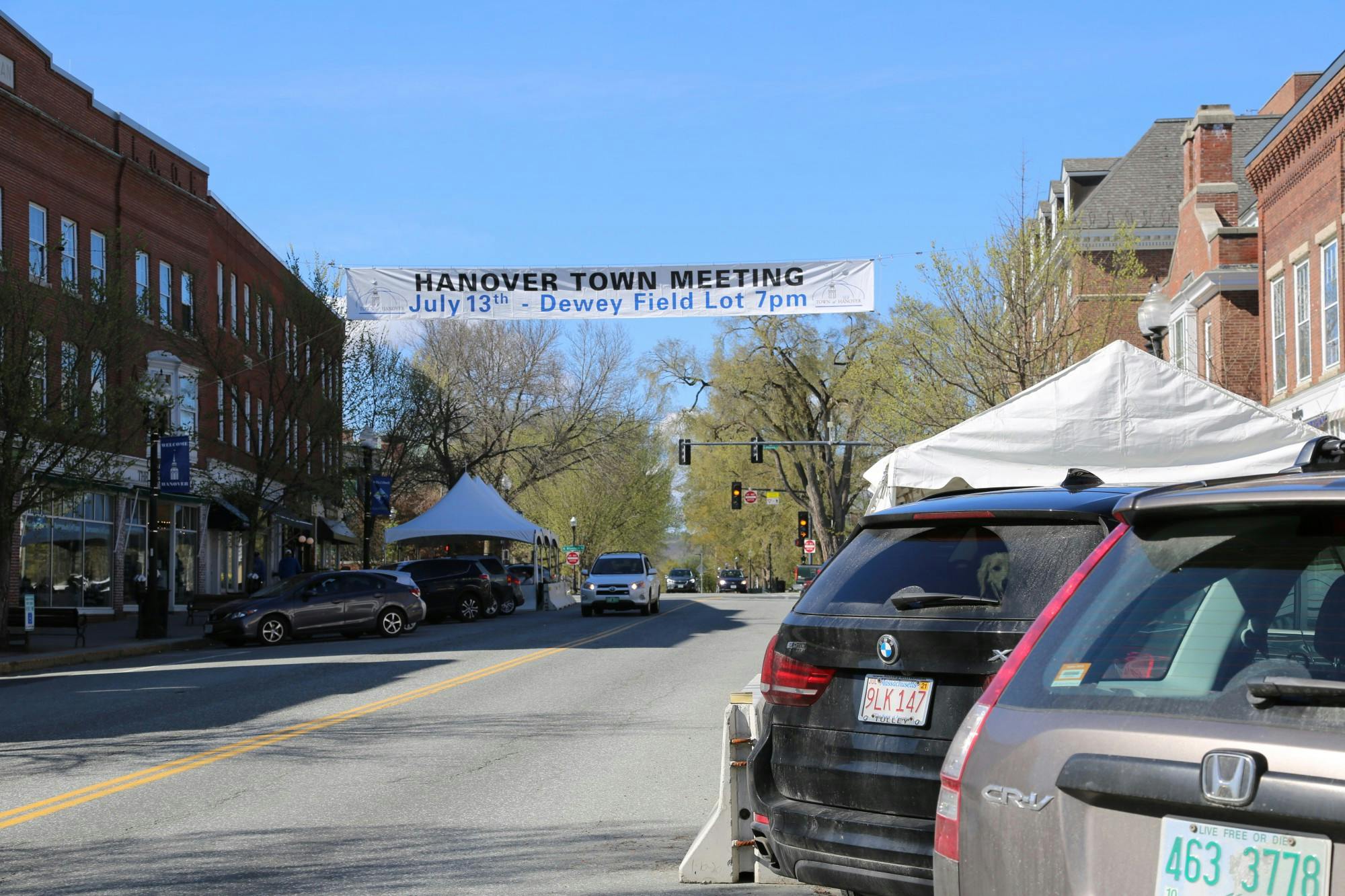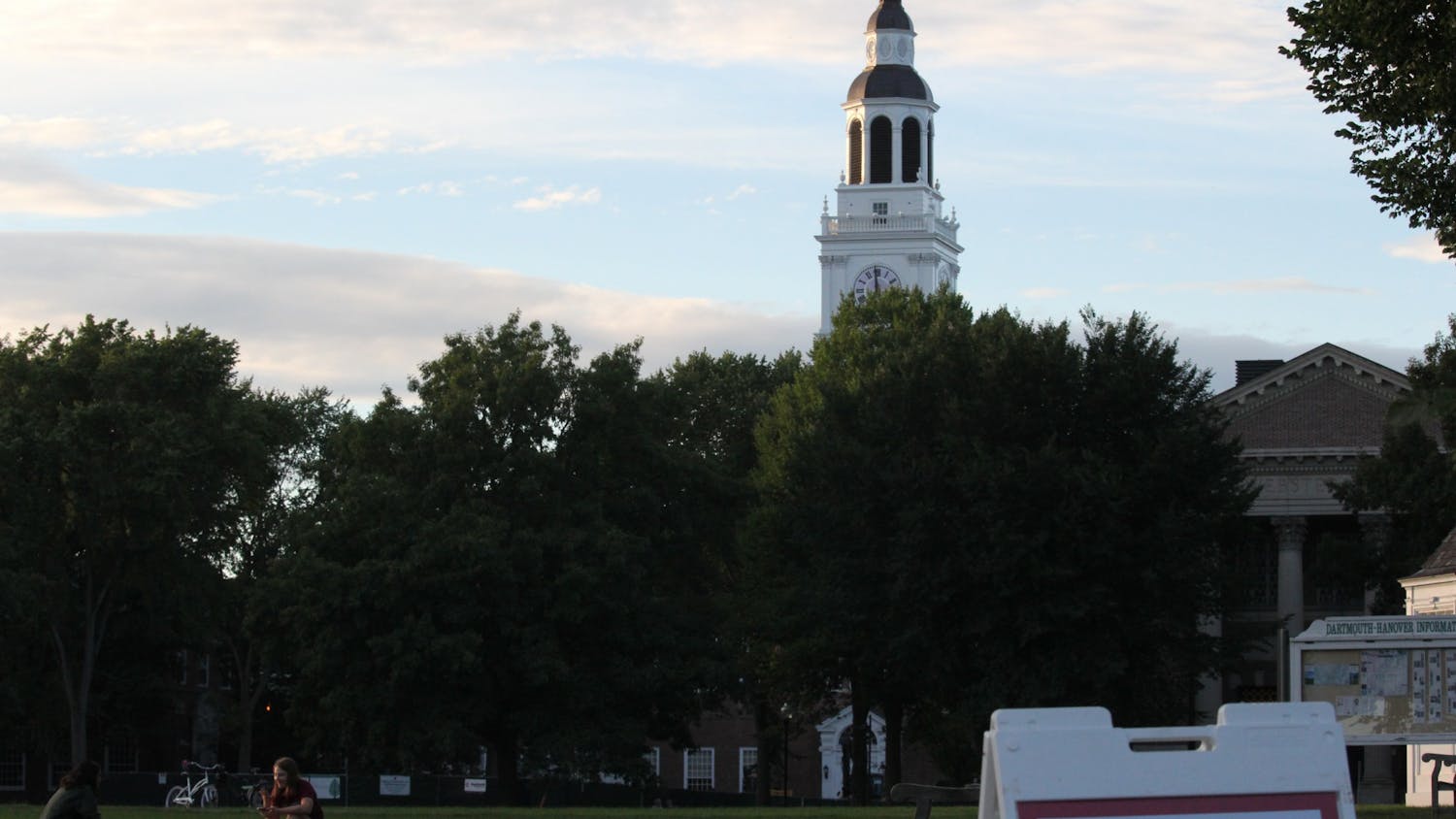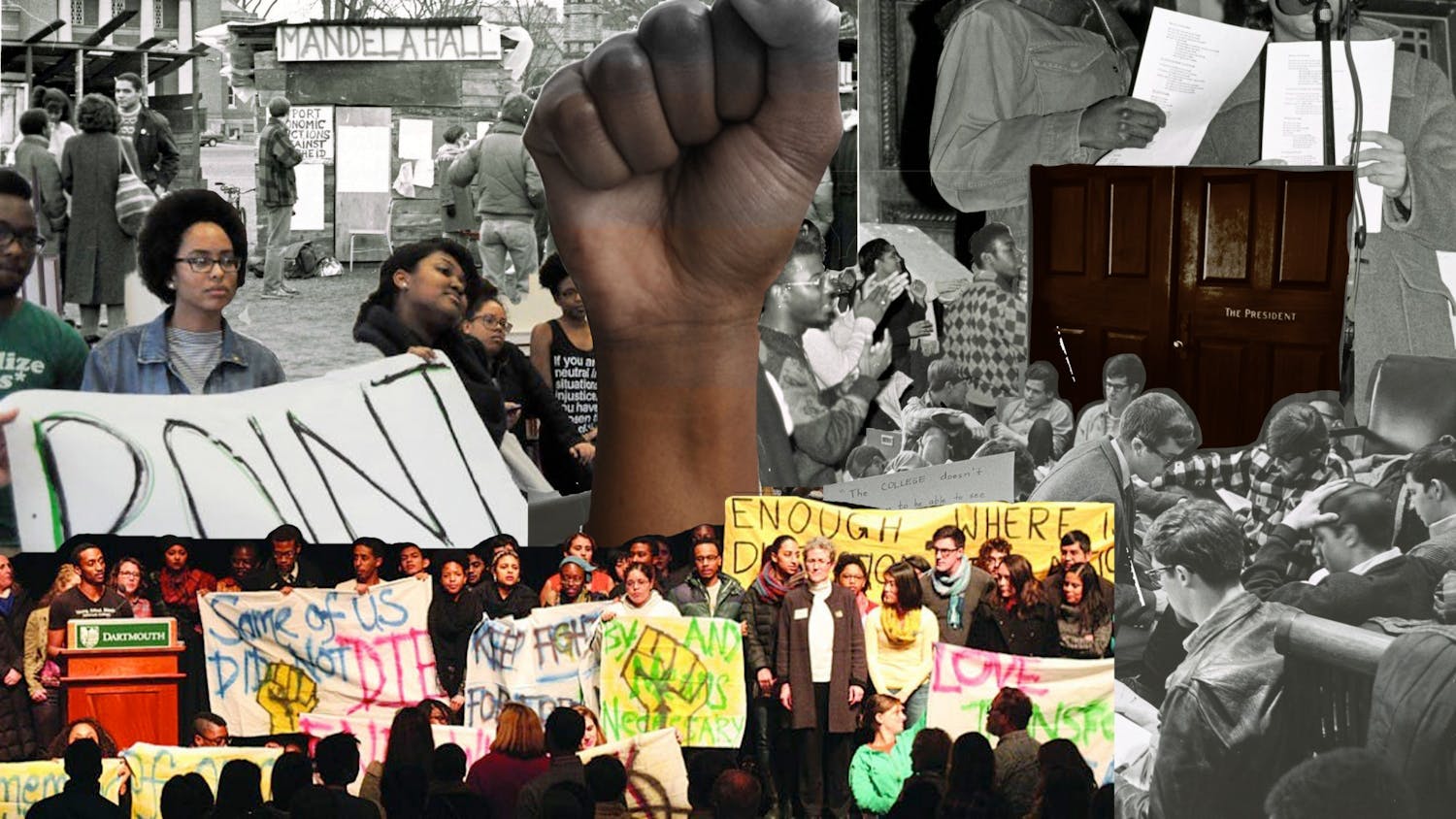Last year, in the face of the global pandemic and ensuing shutdowns, many employers across the country were forced to lay off employees and cut back hours. Now, some Hanover businesses are wrestling with the opposite problem: a labor shortage as they search for workers for the summer and fall seasons.
Still North Books & Bar owner Allie Levy ’11 said that the Upper Valley has recently been experiencing a “burst” in new hiring. According to the New Hampshire Employment Security agency, Upper Valley unemployment numbers are back down to below 3% — roughly where they stood in February and March 2020, just before the pandemic. Levy said this is due to a “huge boom” as the local economy transitions back to normal pre-pandemic operations.
“If you drive down any road on which there are businesses in the Upper Valley, you will see a ton of ‘now hiring’ signs,” Levy said.
The competition for new workers among the rapidly reopening businesses is stiff, she said, albeit “great” from a worker’s point of view.
As businesses vie for a limited number of workers, Levy said, she has had to adjust her response time to job inquiries.
“I have definitely noticed a labor shortage… if I don’t respond to somebody who applies for a job for a week, because we are going through resumes, that person has probably found a different job,” she said. “I have had to be more proactive with my hiring [and] quicker to get back to people.”
Molly’s Restaurant and Bar supervisor Sam Marden said that in order to find employees, the restaurant has increased spending on recruitment, recently opting to run Facebook, newspaper and radio advertisements. She added that the shortage of staff is a unique situation for the restaurant.
“It’s been extremely difficult trying to find people,” Marden said. “We have been working for the past four or five months to get our staff [numbers] up for the summer.”
Understaffing has had an effect on some employees’ incomes, Marden said. Though “front-of-the-house” — hourly — wages have stayed the same, according to Marden, some workers are now catering to more tables as a result of the staffing shortage and have seen their tips increase.
Levy also said she has recently had to “invest more in spreading the word” to find new employees. In the past, Still North would rarely post ads outside of their own social media or in-store advertisements, she added.
Although certain incentives, like higher wages or shorter hours, can help attract more employees, Levy noted that Still North cannot afford to offer substantial raises.
“As a small business who started three months before the pandemic, I don’t have the ability to offer a signing bonus or any sort of huge change in compensation,” Levy said.
According to Levy, Still North’s staffing needs have changed since the pandemic forced her to expand her online bookselling business.
“We need a larger team because prior to the pandemic, web orders — either on the cafe side or book side — were not a part of our business model,” she said. “We need more people to [both] process web orders and help people in-person.”
Levy also suggested another driver of the current labor shortage in the rural Upper Valley: nearby farms.
“This reopening phase is happening at the same time that barn season is opening up,” she said. “There is a competition for workers in the spring with farms starting up.”
Some of Still North’s own employees work for the bookseller in the winter and on farms in the summer, according to Levy.
Town manager Julia Griffin wrote in an email statement that the Upper Valley region has historically had some of the lowest unemployment rates in the state, making it difficult for businesses to find workers. During the pandemic, the shortage of job seekers has been particularly “acute,” according to Griffin.
“Without exception, every employer in the area is having a difficult time recruiting new employees,” Griffin wrote.
She added that some local restaurants and retailers attribute the recent labor shortage to generous unemployment benefits that have disincentivized potential employees from actively seeking work during the pandemic. Others, she noted, argue that it may be a byproduct of limited childcare availability in the region — an issue that the pandemic has exacerbated as childcare centers too struggle to find sufficient staff.
She also cited a shortage in affordable housing stock, a lack of 24/7 transportation and few job-training opportunities in the Upper Valley area as potential contributing factors to the labor shortage.
“Dartmouth, [Dartmouth-Hitchcock Medical Center], our major manufacturers, our professional services industry … everyone is struggling,” she wrote. “Until these issues are resolved, attracting a workforce to meet the demand will continue to be a major challenge.”
Unlike Molly’s and other local businesses, which laid off workers as demand plummeted at the onset of the pandemic, Lou’s Diner owner Jarett Berke Tu’17 said his business chose not to let go of any employees.
Berke said that early in the pandemic, Lou’s senior management made a decision to do “everything” they could to avoid layoffs and keep all staff at their “full level of hours and income.” He attributed Lou’s success in avoiding layoffs and pay cuts to government stimulus packages during the pandemic, which covered costs as the restaurant took a hit in revenue.
Though Lou’s avoided the re-hiring process, Berke said he knows anecdotally from other restaurant owners that it is “really hard” to find lower-wage workers right now.
“Labor has always been tough in the Upper Valley,” he said.




